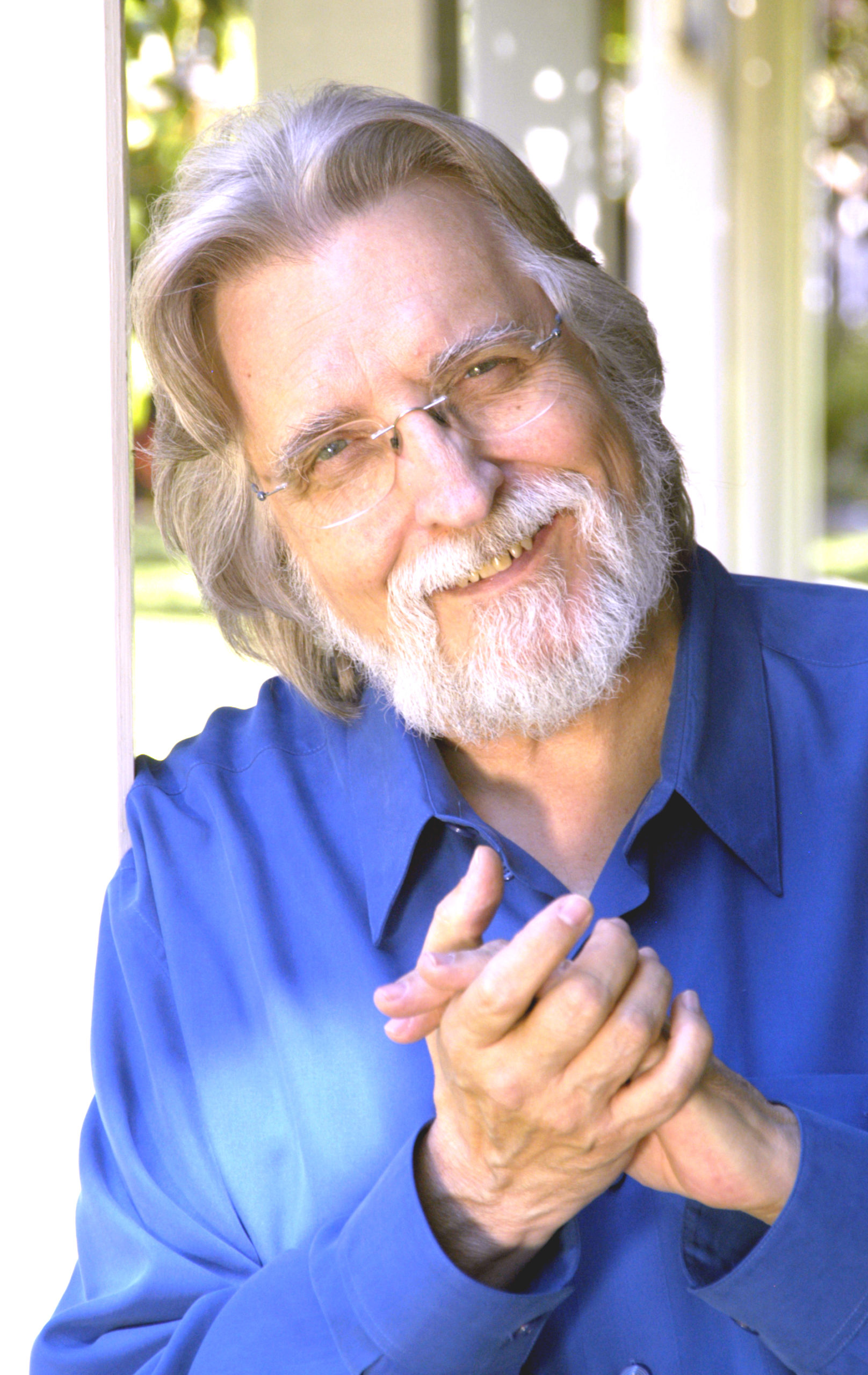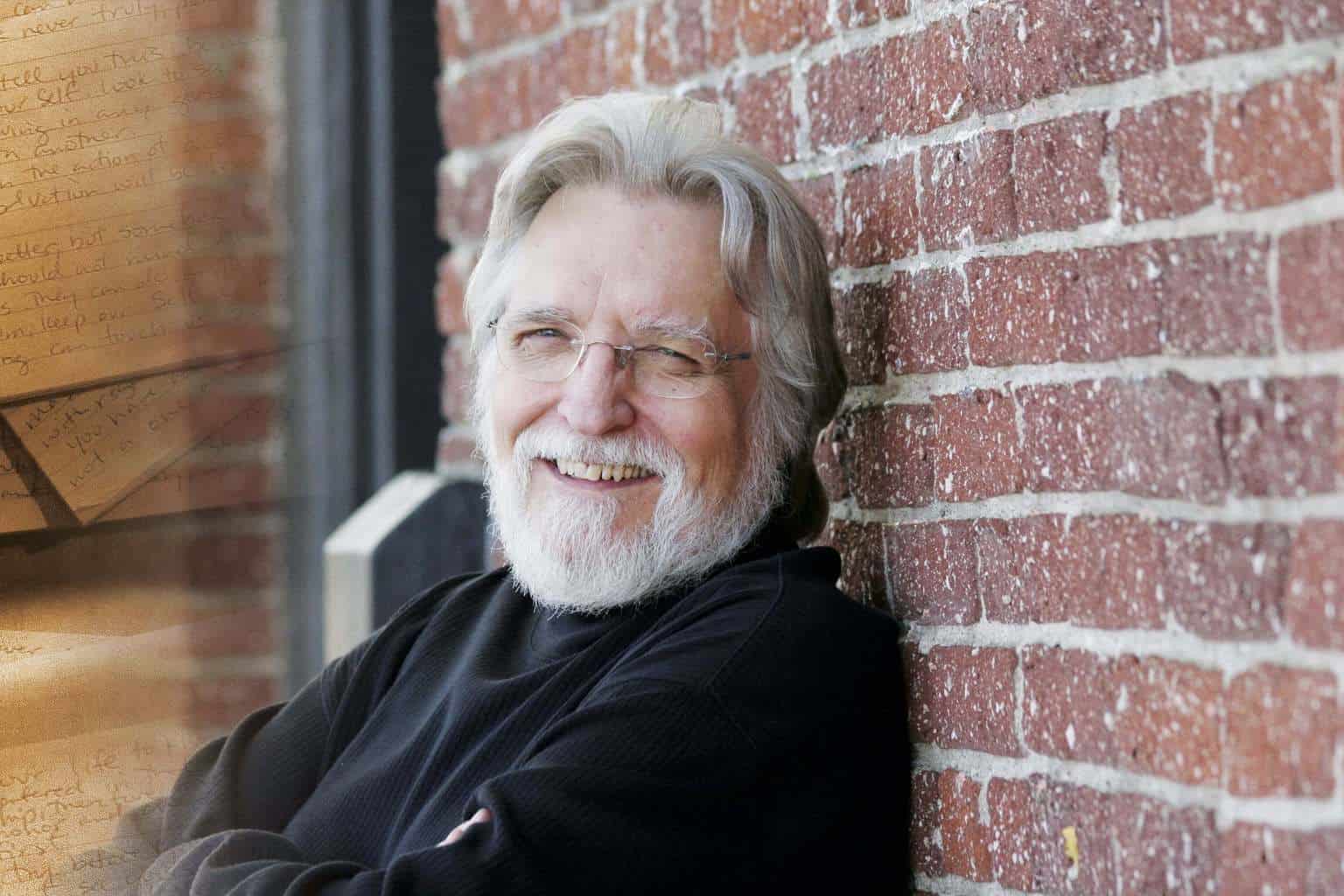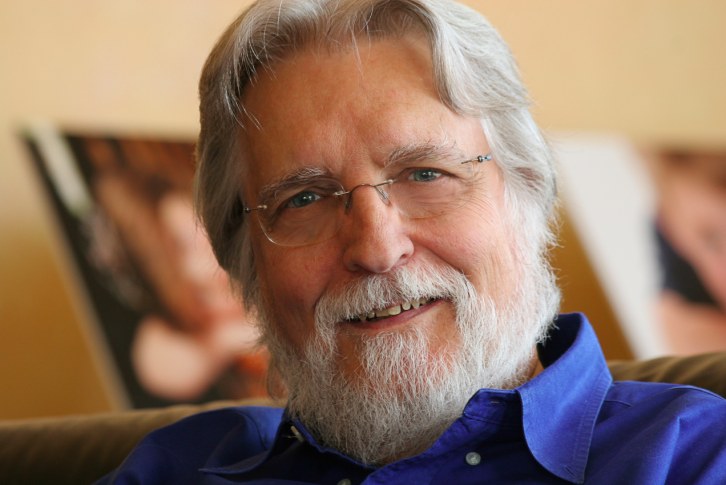TWENTY-FIVE years after his best-selling series, Conversations with God was published, Neale Donald Walsch continues to inspire people and bring a new understanding of life and of God to everyone he meets. The 1995 best-selling book was written as a dialogue between Walsch and God, as Walsch asks questions and God provides answers. The series includes nine books, which have sold millions of copies and have now been translated into 22 languages. But few might be aware of the adversity that Walsch faced before his international success.

Nearing his 50th birthday, the year before Conversations with God skyrocketed to the New York Times Bestsellers list, Walsch found himself living on the street. A broken neck caused by a freak car accident and an insurance company that refused to settle with him led to Walsch becoming homeless. This unfortunate accident meant that Walsch was unable to work and spent his savings whilst waiting for the insurance company to negotiate. Consequently, Walsch was forced onto the street where he remained homeless for two weeks short of a year. Walsch survived due to the generosity of passers-by, who would donate spare change, enough to purchase some fast food for him to eat.
Finally, Walsch managed to secure a part-time job at a local radio station, having had some experience in broadcasting when he was younger. Now earning some money, Walsch found himself a small apartment to live in. It was at this point, that Walsch realised “what a vacuous experience life really was.”
He found himself back in the “rat race” – get up, go to work, come home, watch TV, save a little and repeat – and asked himself, “Is this all there really is to life?”
As he overcame his lowest point in life and faced the reality of working life once more, Walsch questioned the situation that he and so many others find themselves in.
“Is this the best I can do?” At fifty years old, Walsch was furious that he had worked from homelessness to only get to this point. He wanted more from life and it was at this moment that his life changed forever.
In the early hours of one morning, he wrote an angry letter to God. “What does it take to make life work?” and “What have I done to deserve a life full of continuing struggle?” were some of the questions he posed. It was while he was writing this letter that he heard a voice over his right shoulder. Clear, plain, but nondescript. “Neale, do you really want answers to all of these questions, or are you just venting?” Of course, he was venting but Walsch also sought answers. In his 50 years, he believed that he should know what was going on and wanted to be doing more with his life. What was it that he did not understand? 
The voice had migrated into his head and Walsch began hearing thoughts that he had never had before. These thoughts came in response to the questions he had asked. The thoughts would encourage more questions, and Walsch continued writing, producing a journal-like collection of questions and answers.
All this time, he never expected anyone to see these very private and sacred notes. Yet, a year later, this collection of thoughts would become known as Conversations with God, selling millions of copies worldwide and would later develop into a successful series.
Walsch felt highly doubtful when he thought of developing the journal into a book, and with few expectations, he typed up his handwritten notes and sent it to five small publishers. Three weeks later, Hampton Roads Publishing called, seeking to publish the manuscript. The only uncertainty was the title. The publisher believed that Conversations with God was unappealing and would not attract the potential readers, yet Walsch was confident in the title – for this was how he had experienced it.
Within five weeks of its publication, the book was on the New York Times Bestsellers list. It stayed there for 137 weeks, it was a modern publishing phenomenon.
Few non-fiction books ever experience success for such a prolonged period, but Conversations with God proved highly successful.

Walsch does not believe he was the “Chosen One” nor does he believe he was the only one that God was speaking to. He believes that God is talking to everyone and states that “the question is not to whom God is talking, the question is who’s listening.” Walsch stated that in denial, people may label these thoughts as a great idea, an epiphany or women’s intuition, in fear of being marginalised or ridiculed by mentioning God. But Walsch had the courage to state that he had had a conversation with God – something that other people could also relate to.
The Five-Step Process to having conversations with God
Many people ask Walsch how a person can recognise and have these conversations intentionally. Walsch has developed a Five-Step Process to answer this popular question.
Step One – Possibility:
You have to recognise that there is such a thing called God. You have to admit that people can have conversations with God and accept that they are occurring right now and have always occurred. If you reject that notion, you will not have a conversation with God.
Step Two – Worthiness:
Acknowledge your worthiness. Both ancient and contemporary people – such as Moses or the Pope – have had these experiences and can easily be viewed as more ‘holy’ or ‘wise’ than we are. Yet, you must realise that God can and will talk to you. God will make itself available to everyone all the time.
Step Three – Willingness:
You must be willing to receive such communications and that must manifest itself in behaviours that demonstrate willingness. If you are not willing for God to talk with you directly, it will still happen, but you will not know it – or you will call it something else. God will never stop talking to you even if you are not willing to have God talk to you. You cannot stop the flow of wisdom, insight and awareness that comes to you from God, you can only ignore it.
Step Four – Doubtlessness:
Do not doubt the wisdom, insight and awareness that you have received. It is natural to doubt that you are having a real conversation with God or wonder if you are hearing the Words of God. When you are clear that the message you are receiving is coming from God, do not negate the power of the message by doubting it. You have to decide that you are going to make time and space available to have such an experience.

Step Five – Immediate Action:
Act on the information you have received and act fast. Do something about it before you change your mind or before your mind gets in there and changes you. There is no point in having a Conversation with God if you are not going to do something now with the information you have received.
Neale Donald Walsch’s inspirational journey from homelessness to international success highlights the value of searching for happiness and the power of listening to God. Though faced with adversity, Walsch managed to overcome these difficulties with courage and self-belief, to publish a successful series that articulated his journey with God.
If you enjoyed this article and would like to learn more about Neale’s journey to Conversations with God and his perspective on the world, you can watch Wellspring’s exclusive interview with him on our YouTube channel.



